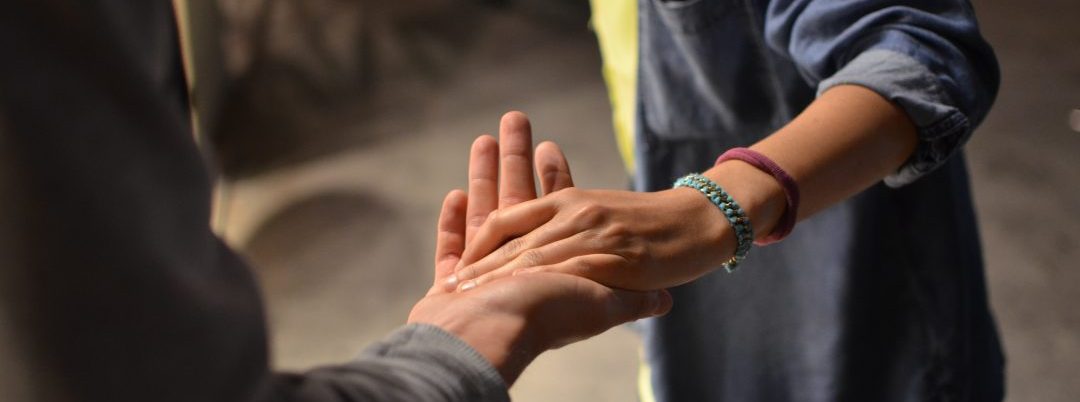
If you do a swift google search of national days, you will surely come across some strange and unique ones, from National Pizza with the Works Except Anchovies Day to National Raisin Bran Cereal Day to National Play Monopoly Day. And you’ll probably wonder, “Why in the world do we need a day dedicated to that?” I don’t blame you—but there are some other little-known national days that do deserve your attention and celebration: one being National Random Acts of Kindness Day.
National Random Acts of Kindness Day, which falls on the 17th of February, is all about spreading kindness. It’s about giving your neighbor a lift to work when their car breaks down; it’s about taking your dog to his favorite dog park; it’s about lending a helping hand and a contagious smile to those around you. The whole point of this day is to make the world a better place by performing simple acts of kindness and to recognize the potential we have to improve each other’s lives. Now, if that little motivational speech doesn’t inspire you to go out and hug a stranger or help a friend, maybe these scientifically-proven benefits of kindness will:
1) Witnessing acts of kindness produces oxytocin or ‘the love hormone.’
Even just seeing an act of kindness is beneficial! Watching someone help another out or do a favor for a friend produces oxytocin, which benefits us in several ways: it helps lower blood pressure, improve our overall heart-health, and increase our self-esteem and optimism.
2) Kindness makes you happy!
Multiple studies have shown that being kind makes you an overall happier person. One of these studies “Acts of Kindness and Acts of Novelty Affect Life and Satisfaction” reached this conclusion after splitting 86 participants into three groups and then observing the effects of kindness: the group that was instructed to perform a daily act of kindness reported a significant boost in happiness. And that was just over a small 10-day period!
3) Being kind inspires others to be kind too.
A lesser-known benefit of being kind is that it likely inspires others to be kind too. According to a study conducted by researchers at University of California, University of Cambridge, and University of Plymouth, when we see someone else helping another person it makes us feel good, which then causes us to go out and do something kind ourselves. “When you feel this sense of moral ‘elevation’ not only do you say you want to be a better person and help others, but you actually do when the opportunity presents itself,” explained lead researcher Simone Schnall.
4) It has an effect similar to many medical antidepressants.
Kindness stimulates the production of the “feel-good” chemical serotonin, which is a common effect of many medical antidepressants. This is good news because serotonin provides your body with a plethora of benefits: it reduces depression, regulates anxiety, calms you down, heals wounds, and simply makes you feel happy.
5) Kindness may equal a longer life.
A study from University of Michigan showed that people who regularly offered to help others had a significantly lower risk of dying over the next five years, as compared with those who did not consistently offer assistance to others. It also looked into the benefits of those who received help and interestingly enough found that only those who practiced kindness saw a reduction of death risk, which further solidifies the benefits of being kind!
Well, there you have it folks. Being kind to others actually has some pretty extraordinary benefits—and it doesn’t have to be an over the top display or effort. It can simply be complimenting a coworker or inviting your new neighbor over for dinner. So, get out there and show the world some love on National Random Acts of Kindness Day and every other day while you’re at it.
Let’s keep in touch! Sign up to receive our newsletter:
Start a Relationship with An Exceptional Counselor
- Skilled and caring professional counselors
- Accepting all major and most insurances
- High-touch customer service & premium benefits
- Same- or next-day appointments
- Ultra-flexible 23.5hr cancellations













